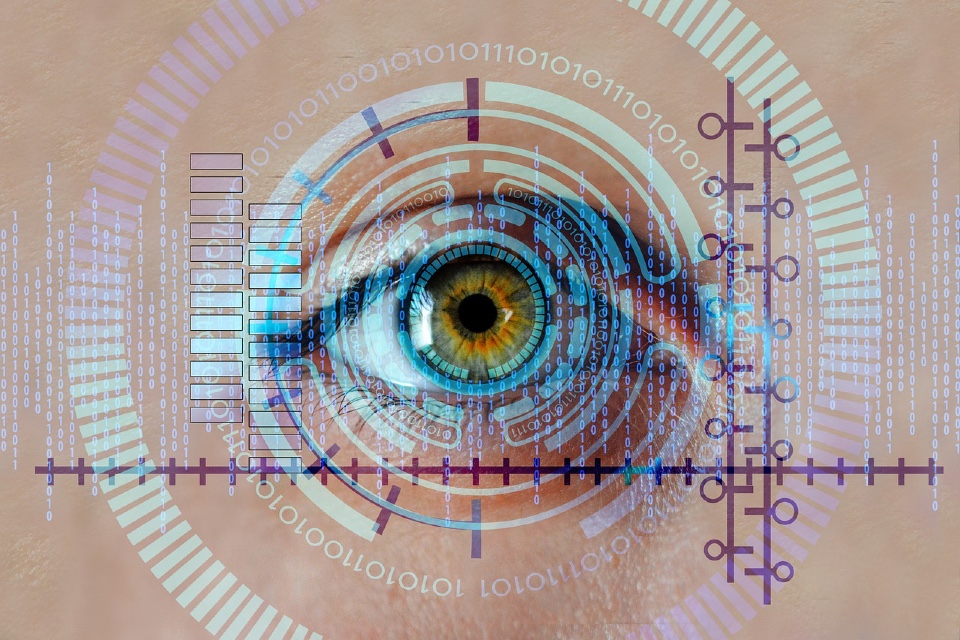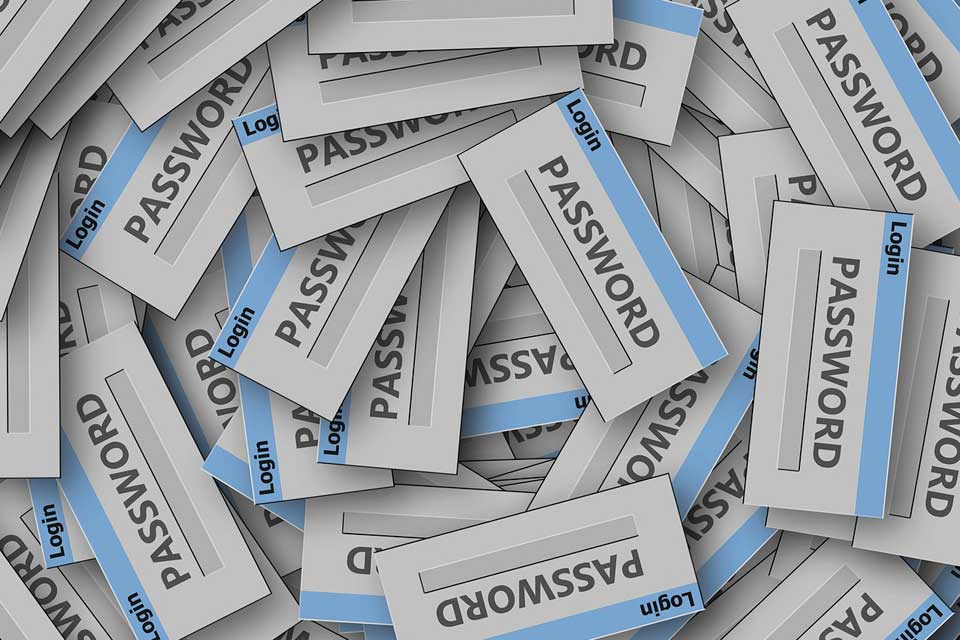Smart access: What if biometrics were the foolproof solution for infrastructure protection?
https://cybersecureforum.co.uk/wp-content/uploads/2023/08/biometrics-6.jpg 960 640 Guest Post Guest Post https://secure.gravatar.com/avatar/cb2a67f15cd7d053d8e638a1df3fd67f?s=96&d=mm&r=gBy Céline Littré, Product Marketing Manager at Linxens
Biometrics are already well known and used in sectors such as identity and payments, but their use could also be relevant to access control for both IT and physical infrastructures?
Access to IT infrastructures
As the number of reported cyber-attacks has multiplied, companies, which until recently were largely unprepared for the risks, have had no choice but to equip themselves to protect their IT infrastructures.
Today’s companies understand an attack can be costly and damage their business (compromising data, blocking production systems, etc.). According to Cybersecurity Ventures, in 2021 the cost of cyber-attacks was 6,000 billion euros…
Various technologies already exist to strengthen the security of digital access, in particular multi-factor authentication (MFA). However, these systems often rely on the use of a smartphone, which poses two main problems: firstly, not all employees have a work phone and may be reluctant to use their personal device to identify themselves, and secondly, the use of these devices in industrial or sensitive sites may be prohibited for security reasons. There are also USB key identification systems, but again the risk of theft or loss does not provide a satisfactory solution.
In this context, the biometric card can be a welcome alternative: paired with the holder’s computer, it unlocks access to all or some applications. Identity is verified by a biometric sensor on which the cardholder has previously stored his or her fingerprint. If lost or stolen, it’s useless.
Access to physical infrastructure
In addition to protecting digital space, access to physical infrastructure is also a security issue for organisations. Although access cards are the most common form of identification used by organisations, they do not guarantee infallible security. Cards can be lost or stolen and used to gain free access to the building. In this case, the biometric card offers additional protection. Its personalised use guarantees that the user of the badge or card is indeed its owner, thanks to a fingerprint recognition system.
A promising market waiting to grow
The use of biometrics in access control represents a real opportunity to strengthen infrastructure security. Considering what is at stake, and even though it costs more than a traditional card, companies are ready to take the plunge and protect their assets.
Thanks to the work already done for payment applications, cards are already available and in the customer testing phase, with only a few months to go before the first mass-produced models are available. The challenge for the use of biometric cards for physical access remains compatibility with the wide range of existing devices (card readers). Manufacturers are working hard to adapt these systems for rapid, simplified integration and adoption by businesses.



